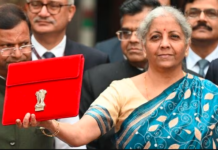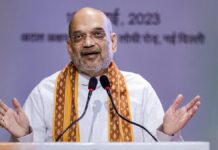Sunday 15th November was the big day for India and Bangladesh, as both the countries signed Standard Operating Procedure (SOP). It will help in operating river sea vessels that are smaller in size, which will reduce transportation cost and boost trade relation of each country.
However, India and Bangladesh do have trade relation in present, but it is routed through Colombo and Singapore Ports. The lengthy sea routes significantly increases transportation cost, moreover there is no major cargo service between sea ports of India and Bangladesh, as the route is not profitable for big vessels.
The shipping ministry in a statement given to TOI said “Under such circumstances, there is a need for smaller ships to provide direct connectivity of eastern sea ports of India with Chittagong and other ports in Bangladesh. This, besides improving the connectivity will also provide competitive freight rates.”
Nitin Gadkari, Transportation Minister, Government of India adding a view on this SOP expressed that scope of exporting goods to Bangladesh is huge; he said “We can export oranges and sugar, which is in excess with us to Bangladesh. The new pace to improve trade will also generate jobs.”
According to the terms of SOP, both India and Bangladesh will render similar treatment to other country’s vessels, as they have done to its national vessels used for international sea transportation. Bothe the sides have also agreed on using River Sea vessels (RSV) for inter-country costal shipping.
Talks on signing a MoU (Memorandum of Understanding) for starting Passenger and Cruise Vessels are also underway on secretary – level, which will use Mongla and Chittagong Ports. However there is no official confirmation on this issue from the ministry.
During this financial year, India for the first time used the Indo-Bangladesh river protocol to ship foodgrains via Ashuganj to Tripura. But, the quantum of cargo has not picked up because of low draft in the upper reaches of Bangladesh Rivers and also because of certain non-trade barriers, government said.













